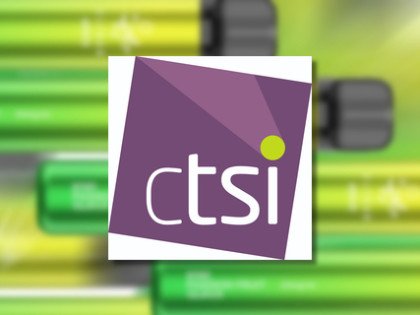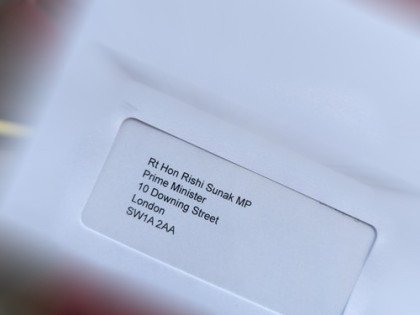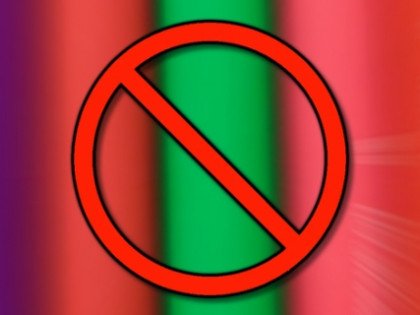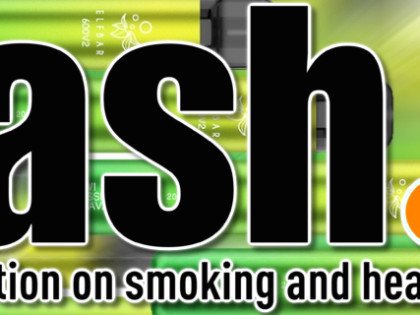The ASH Smokefree GB Youth Survey is an annual survey of young people in Great Britain ages 11-18 which has been running since 2013. The survey is carried out online by YouGov and is commissioned by Action on Smoking and Health (ASH) and funded by a combination of the British Heart Foundation, Cancer Research UK and the Department of Health and Social Care.
The report was released following a conveniently placed story with the BBC that cited an anonymous 17-year-old girl saying that she is addicted to vaping and "can't stop buying them".
Suzanne Cass of ASH Cymru repeated the claim that disposable vapes are being marketed towards young people. For many years, such claims have been dismissed as the data didn’t back them up – but this has changed this year.
ASH UK say that their research discovered that disposable e-cigarettes are now the most used product among current vapers, up more than 7-fold from 7% in 2020 and 8% in 2021, to 52% in 2022. Elf Bar and Geek Bar are overwhelmingly the most popular, with only 30% of current users having tried any other brands.
It added: “Over the last year there has been growing concern about the increasing popularity of disposable vapes with young people, but this is the first-time national figures have been available to show the scale of the change. The increase in vaping shown by the survey is a cause for concern and needs close monitoring. However, 92% of under 18s who’ve never smoked, have also never vaped, and only 2% have vaped more frequently than once or twice.”
‘Just to give it a try’ is still the most common reason given by never smokers for using an e-cigarette (65%).
For young smokers the most common reason for using an e-cigarette was ‘because I like the flavours’ (21%) followed by ‘I enjoy the experience’ (18%) then ‘just to give it a try’ (15%), but they also said ‘because I’m trying to quit smoking’ (11%) or ‘I use them instead of smoking’ (9%). Fruit flavours remain the most popular (57%).
Vaping behaviour is strongly age related, with 10% of 11–15-year-olds ever having tried vaping, compared to 29% of 16 and 17 year olds (the figures for those currently vaping are 4% and 14% respectively). And while underage vaping has risen, underage smoking is lower than it was in 2020 (14% in 2022 compared to 16% in 2020).
Ann McNeill, professor of tobacco addictions, Institute of Psychiatry, Psychology & Neuroscience, King’s College London, and author of a forthcoming review of the evidence for Government, said: “The rise in vaping is concerning and we need to understand what lies behind this such as packaging, accessibility, taste or addictiveness. Our response must be proportionate given that smoking is a much bigger risk to the health of young people and the good evidence that e-cigarettes can be an effective stop smoking aid.
“Government should ensure existing laws are enforced and identify where regulations could be extended. However, this must be done alongside securing a much quicker decline in young people taking up smoking and helping more smokers to stop.”
For the first time this year the survey asked about awareness of promotion of e-cigarettes. Over half (56%) of 11–17-year-olds reported being aware of e-cigarette promotion, most frequently in shops, or online, with awareness highest amongst those who’d ever vaped (72%). Tik Tok was the most frequently cited source of online promotion (45%) followed by Instagram (31%).
Deborah Arnott, Chief Executive, ASH added: “The disposable vapes that have surged in popularity over the last year are brightly coloured pocket-sized products with sweet flavours and sweet names, and are widely available for under a fiver, no wonder they’re attractive to children.
“As the Khan review recommended to government, an additional £15 million needs to be invested in enforcement, and this should include vaping as well as tobacco products. The laws also need strengthening to prohibit child-friendly packaging and labelling of vaping products and to prevent promotion on social media. But online platforms like Tik Tok don’t need to wait, they must act now. The flood of glamourous promotion of vaping on social media is completely inappropriate and social media platforms should take responsibility and turn off the tap.”
Gillian Golden, the Chief Executive of the Independent British Vape Trade Association (IBVTA) commented: “Social media platforms supposedly have policies to prevent promotion of vapes to children, but they do little to enforce them. We monitor and report infringements to social media platforms, but they rarely take any action, with Tik Tok being the worst offender.
“Businesses that illegally sell products to under 18’s, are also more likely break the law by selling products that do not comply with UK regulations. Most retailers and importers don’t sell to children and want tougher enforcement to ensure that others don’t either.”
Despite it being illegal to sell vapes to under 18s, the most common source of supply for underage vapers is shops (47%). The Department of Health and Social Care (DHSC), the MHRA (the regulator of e-cigarettes) and trading standards have been monitoring the situation and the Chartered Trading Standards Institute (CTSI) was commissioned to carry out a rapid review of compliance earlier this year.
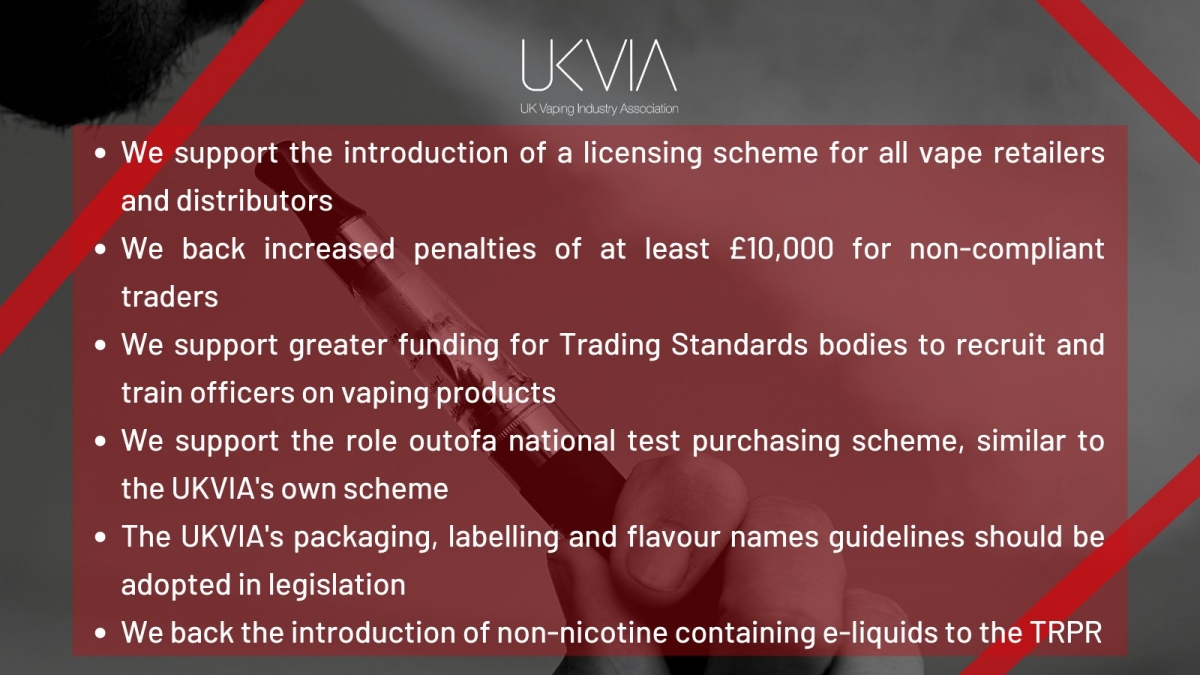 A total of 442 test purchases using young people under the age of 18 years to attempt to purchase disposable vapes were conducted in shops during February and March 2022. Illegal sales were made on 145 occasions, a non-compliance rate of 33% (underage sales were highest in mobile phone and discount shops at 50% and 52% respectively). A quarter of the products purchased were not up to UK standards and should not have been on sale in this country.
A total of 442 test purchases using young people under the age of 18 years to attempt to purchase disposable vapes were conducted in shops during February and March 2022. Illegal sales were made on 145 occasions, a non-compliance rate of 33% (underage sales were highest in mobile phone and discount shops at 50% and 52% respectively). A quarter of the products purchased were not up to UK standards and should not have been on sale in this country.
The maximum penalty for selling a nicotine inhaling product to a person under 18 years is a fine of £2500. If convicted and further offences occur in a two-year period, Trading Standards can make an application to a Magistrates’ Court for a restricted premises order and/or a restricted sales order. To date no such orders have been issued.
John Herriman, Chief Executive, Chartered Trading Standards Institute said: “Trading Standards teams are doing their best to protect young people from underage sales of both vapes and tobacco. However, this is an increasingly challenging situation as a result of continued government funding cuts for local authorities which has meant spending on trading standards has halved over the last decade or so. Given the particularly prominence around age-restriction as a means of reducing smoking rates, in the recently published independent review of smoking by Javed Khan, additional funding is vital for trading standards, so that we can protect our communities and enforce the law.”
Trading standards were also commissioned by the DHSC and the MHRA to carry out targeted inspection of importers and/or distributors suspected of supplying black market vaping products to the retail sector and members of the public. Typically, these were disposable products produced for the American market that were either above 20mg, had a capacity exceeding 2ml, or the wrong health warning.
The majority of non-compliant businesses located were in the Northwest region, in particular in the Greater Manchester area. Nineteen visits were completed, and 44,000 products were found to be non-compliant, with action including seizure taken locally by trading standards. An additional 24 businesses were identified as noncompliant during the course of the visits, 10 of which were in the Greater Manchester area.
Regional Co-ordinator for Trading Standards Northwest Kate Pike said: “Funding from the Department of Health and the MHRA helped us to take action against black market importers and distributors in the Northwest but more funding is needed if we’re to address the scale of the problem that’s been identified. These businesses have been fuelling the market in non-compliant vapes and underage sales not just in our region but all round the country.”
References:
- Action on Smoking and Health (ASH). Use of e-cigarettes (vapes) among young people in Great Britain. 2022 - Download here.
Dave Cross
Journalist at POTVDave is a freelance writer; with articles on music, motorbikes, football, pop-science, vaping and tobacco harm reduction in Sounds, Melody Maker, UBG, AWoL, Bike, When Saturday Comes, Vape News Magazine, and syndicated across the Johnston Press group. He was published in an anthology of “Greatest Football Writing”, but still believes this was a mistake. Dave contributes sketches to comedy shows and used to co-host a radio sketch show. He’s worked with numerous start-ups to develop content for their websites.
Join the discussion
Trading Standards Welcomes Clarity
The Chartered Trading Standards Institute says it welcomes the “clarity and action from government to tackle youth vaping” with the plan to ban disposable vapes and related announcements
UKVIA Writes To Sunak
The UKVIA has sent a letter to Prime Minister Rishi Sunak to 'express profound dismay and disappointment' that the government has decided to proceed with a ban on disposable vapes
FOI Shows Disposables Ban Folly
389 Freedom of Information requests made by leading online retailer Vape Club and one by the BBC demonstrate the extent to which a ban on disposable vapes is a complete act of folly
ASH UK’s Coordinated Comment
Action on Smoking and Health has coordinated a series of responses to the Governments proposals to include interested parties


